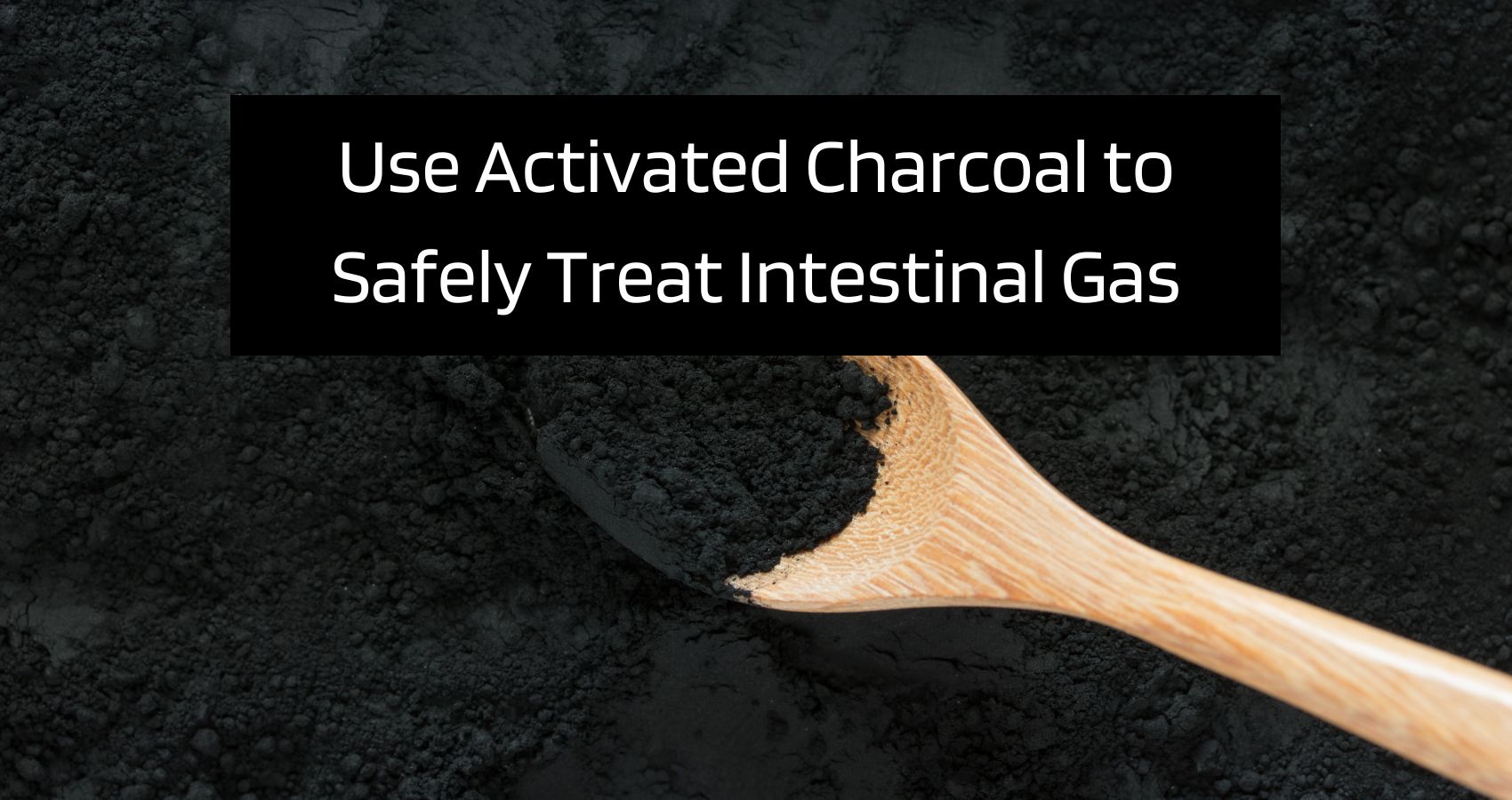Although flatulence is a common occurrence, some individuals suffer excessively, causing discomfort or embarrassment. Activated charcoal can be used to help bind the gas.
Gas can develop in the intestines by eating too fast and swallowing air with the food. Gas can also build up by changes in atmospheric pressure such as higher elevations. Although the expulsion of this type of gas may be heard, it is not necessarily offensive to the nostrils. Gases that develop from the bacterial fermentation of food, however, can cause bodily discomfort as well as a highly embarrassing odor.
Foods That Produce Intestinal Gases
Most plant foods have the potential to produce methane gas. This mild gas may be noticeable but not necessarily unbearable to the olfactory lobes. Certain foods, however, are termed “sulfur foods.” These foods include broccoli, Brussels sprouts, cauliflower, beans, and eggs. These nutritious foods are high in fiber but, unfortunately, provide the raw material for intestinal bacteria to become active. This activation produces the highly potent and offensive hydrogen sulfide gas. The production of this gas can be slowed by gradually increasing the intake of fiber to the diet.
 Other foods that tend to produce flatus production include the following:
Other foods that tend to produce flatus production include the following:
Milk and milk products, onions, celery, carrots, dried apricots, bananas, prune juice, pretzels, bagels, wheat germ, pastries, potatoes, eggplant, citrus, fruit, bread, meat, fish, cucumbers, lettuce, broccoli, peppers, tomatoes, asparagus, avocados, zucchini, okra, olives, melons, rice, nuts, and chocolate.
Flatus production, however, is a very individual matter. While milk may create gas in some individuals because they are lactose-intolerant, it may have little or no gas effect upon others. Knowing how your body reacts to certain foods is helpful in knowing how to deal with the problem of flatulence.
Dealing with Beans
Beans are inexpensive as well as nutritious. They are, however, one of the prime producers of flatus. Beans contain oligosaccharides of stachyose and raffinose. These particular carbohydrates are quickly digested by intestinal bacteria. Soaking beans for several hours before cooking can diminish flatus production by as much as 20 percent. Discard used water and cook beans as usual with fresh water.
Beans can also be sprouted. This changes the form of the offensive carbohydrates, diminishing flatulence by about 40 percent or more. Sprouted beans also have a higher nutritional content. Sprouted beans can be lightly steamed or consumed raw.
 Activated Charcoal and Flatulence
Activated Charcoal and Flatulence
Activated charcoal is a finely ground, black powder that is tasteless, odorless, and nontoxic. The first recorded medicinal use was about 1500 B.C. when it was a treatment for unpleasant odors from putrefying wounds. Today, activated charcoal is normally used after a person ingests a toxic drug or chemical. It is considered to be the most effective agent available to counteract the activity of ingested poisons.
Activated charcoal adsorbs chemicals throughout the entire length of the stomach and intestinal tract. The chemicals are then eliminated out of the body with a movement of the bowels. In the same manner, intestinal gas can be eliminated from the body. The charcoal decreases the volume of the gas by binding it. A decrease in volume causes a decrease in potency. When the gas is then expelled with the charcoal, its effect is not as explosive. According to Dr. Patrick Quillin of The Nutrition Times, flatus production is cut by about 75 percent with the use of activated charcoal.
Activated charcoal can be purchased without a prescription in tablet form or bulk powder from most drugstores and health food stores. It is not a drug and does not irritate the delicate membranes of the gastrointestinal system. Persons taking activated charcoal should be mindful that the charcoal adsorbs food nutrients, vitamins, and minerals as well as chemicals, toxins, and gases. Five to 10 grams is a safe dosage for daily use.
Other Natural Suppressors
The bacteria from yogurt is effective in slowing down the production of gas in the GI tract. Smoothies made from yogurt and fresh fruit are refreshing, nutritious, and easy to make. Cooking with chicory, ginger, or garlic can also be helpful.
Excessive flatulence can be an embarrassing health concern. As flatus is often present when the bowels are full, establishing a healthy diet to encourage regular elimination is necessary. In fact, keeping the colon clean and active is paramount to good health.








